Premium Only Content
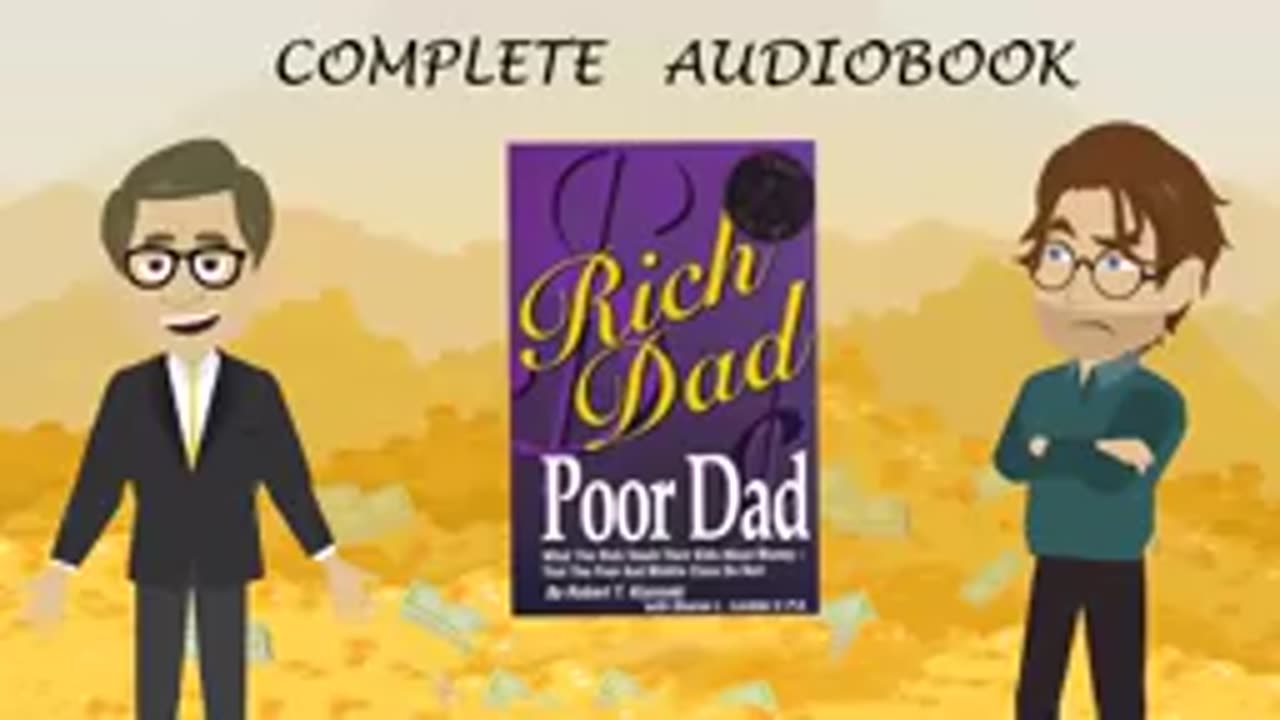
Rich Dad and poor dad compelet Audio book by//( Rebort kiyosaki)
I'd be happy to provide you with an overview of the book "Rich Dad Poor Dad" by Robert Kiyosaki:
"Rich Dad Poor Dad" is a personal finance classic written by Robert T. Kiyosaki. Published in 1997, the book challenges traditional notions of wealth and financial success, presenting a unique perspective on money, investing, and financial education.
The book is structured as a series of lessons learned by Kiyosaki from two father figures in his life: his biological father (whom he calls "Poor Dad") and his best friend's father (whom he refers to as "Rich Dad"). These two men offer contrasting philosophies and approaches to money and life.
- **Poor Dad:** Kiyosaki's biological father represents the traditional mindset of working hard, getting a good education, and pursuing a stable job with benefits. Poor Dad values job security and believes in the importance of a formal education, focusing on earning a steady paycheck and avoiding financial risks.
- **Rich Dad:** Kiyosaki's best friend's father, on the other hand, represents the mindset of an entrepreneur and investor. Rich Dad emphasizes financial education, learning how money works, and taking calculated risks to build wealth. He encourages Kiyosaki to focus on acquiring assets that generate passive income, rather than relying solely on earned income from a job.
Throughout the book, Kiyosaki shares the lessons he learned from both father figures and highlights key principles such as:
1. **The Importance of Financial Education:** Kiyosaki argues that traditional schooling often lacks education about money, investing, and financial management. He believes that understanding financial concepts is crucial for achieving financial independence.
2. **Assets vs. Liabilities:** Kiyosaki introduces the concept of assets (things that put money in your pocket) and liabilities (things that take money out of your pocket). He encourages readers to focus on acquiring income-generating assets that contribute to long-term wealth.
3. **Good Debt vs. Bad Debt:** The book discusses the difference between "good" debt, which is used to acquire assets that generate income, and "bad" debt, which results from liabilities that do not generate income.
4. **Mindset and Attitude:** Kiyosaki emphasizes the importance of cultivating a positive attitude toward money and risk-taking. He encourages readers to overcome fear and embrace challenges.
5. **Taking Action:** The book emphasizes the need to take action and make informed financial decisions. Kiyosaki believes that practical experience is a key aspect of financial education.
"Rich Dad Poor Dad" has resonated with readers worldwide due to its unconventional approach to financial education and its emphasis on thinking differently about money. While some of its ideas have garnered criticism, the book's core message of financial literacy, asset-building, and open-mindedness has inspired many to reevaluate their relationship with money and seek financial independence.
Keep in mind that this is a summary, and the book itself delves much deeper into these concepts and provides numerous anecdotes and insights to support its teachings. If you're interested in personal finance and changing your perspective on money, "Rich Dad Poor Dad" is definitely worth a read.
-
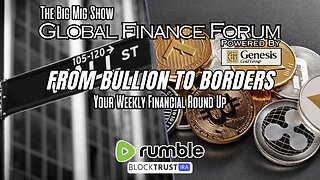 58:12
58:12
The Big Mig™
7 hours agoGlobal Finance Forum From Bullion To Borders We Cover It All
6.59K1 -
 2:02:10
2:02:10
LFA TV
17 hours agoGUTTING THE GOVERNMENT! | LIVE FROM AMERICA 2.21.25 11AM
41.5K30 -
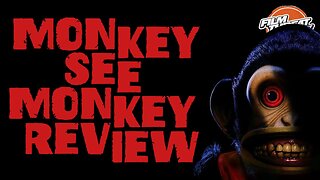 LIVE
LIVE
Film Threat
16 hours agoTHE MONKEY + DAISY RIDELY IN CLEANER + TONS OF REVIEWS | Film Threat Livecast
121 watching -
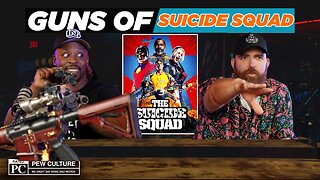 28:38
28:38
pewculture
3 hours agoThe Pew Culture Podcast #12 - Suicide Squad
23.9K2 -
 1:29:38
1:29:38
Caleb Hammer
2 hours agoIf Her Husband Sees This, It's Over. | Financial Audit
19.5K3 -
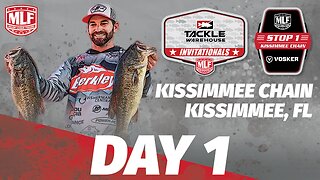 LIVE
LIVE
Major League Fishing
1 day agoLIVE Tackle Warehouse Invitationals, Stop 1, Day 1
212 watching -
 DVR
DVR
Bannons War Room
3 days agoWarRoom Live
1.06M236 -
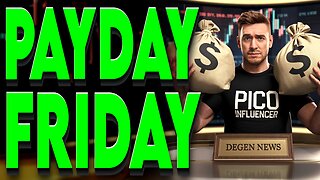 2:03:31
2:03:31
Matt Kohrs
12 hours agoPAYDAY FRIDAY!!! || The MK Show
54.3K3 -
 6:46
6:46
Tactical Advisor
7 hours agoHow To Make Your Dream Gun Room/Mancave
29.3K7 -
 42:30
42:30
BonginoReport
7 hours agoThe FBI's Worst Nightmare CONFIRMED (Ep.145) - 02/21/2025
104K214